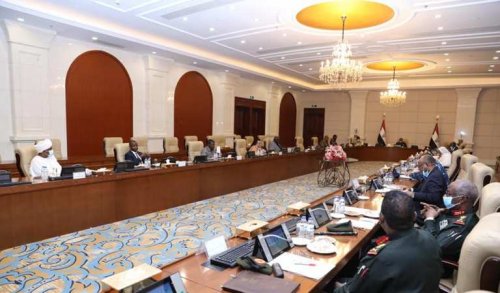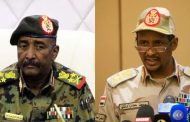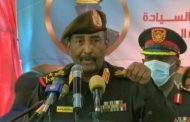ST
Sudan rejected four benchmarks proposed by the UN Secretary-General to the Security Council to assess the situation in Darfur before deciding on the lift of the weapon embargo on the western Sudan region.
The UN Security Council Last February, requested the Secretary-General to assess the situation in Darfur and to recommend benchmarks that can serve for reviewing the individual sanctions and weapon embargo on Darfur imposed in March 2005.
On 31 July, The UN chef proposed four benchmarks to guide the decision of the Council on Darfur targeted sanctions including progress on national and regional political and economic governance issues, progress on transitional security arrangements in Darfur, enforcement of national action plan for the protection of civilians and transitional justice and accountability.
The Security and Defence Council held a meeting on Monday to discuss this report which points to the continued insecurity and attacks on civilians, the non-implementation of the security arrangements, clashes with holdout rebels in Jebel Marra and the continued presence of signatory groups in Libya.
“The Council made reservations on the benchmarks related to political and economic governance, security arrangements, the national action plan for the protection of civilians, as well as transitional justice,” stated the defence minister after the meeting.
“The reality confirms the progress made in these issues as the circumstances and reasons that motivated resolution 1591 (2005) do no longer exist,” he further asserted.
Last June, in a briefing to the Security Council that Chair of the Security Council Committee established pursuant to resolution 1591 (2005) said that Darfur sanctions are needed to prevent actions that may spoil peace in the region.
However, the Sudanese ambassador rejected the call to maintain the sanctions saying the security situation is steadily improving as the regional ceasefire has not been breached.
“Further, the Government is collecting unlicensed weapons, upholding the national plan for the protection of civilians and adopting measures to prevent inter-communal fighting,” he added.
The diplomat went further to say that the 15-year old punitive measures have “have completely lost their grounds and are no longer justified”.
He concluded that his country is undergoing a crucial transformation, underscoring that lifting sanctions will allow the government to rebuild the capacity of its security forces and law enforcement agencies.
The Security Council will discuss the situation in Sudan on 14 September as the head of the United Nations Integrated Transition Assistance Mission in Sudan (UNITAMS) will the 15 members about the progress made in the implementation of the peace agreement.








